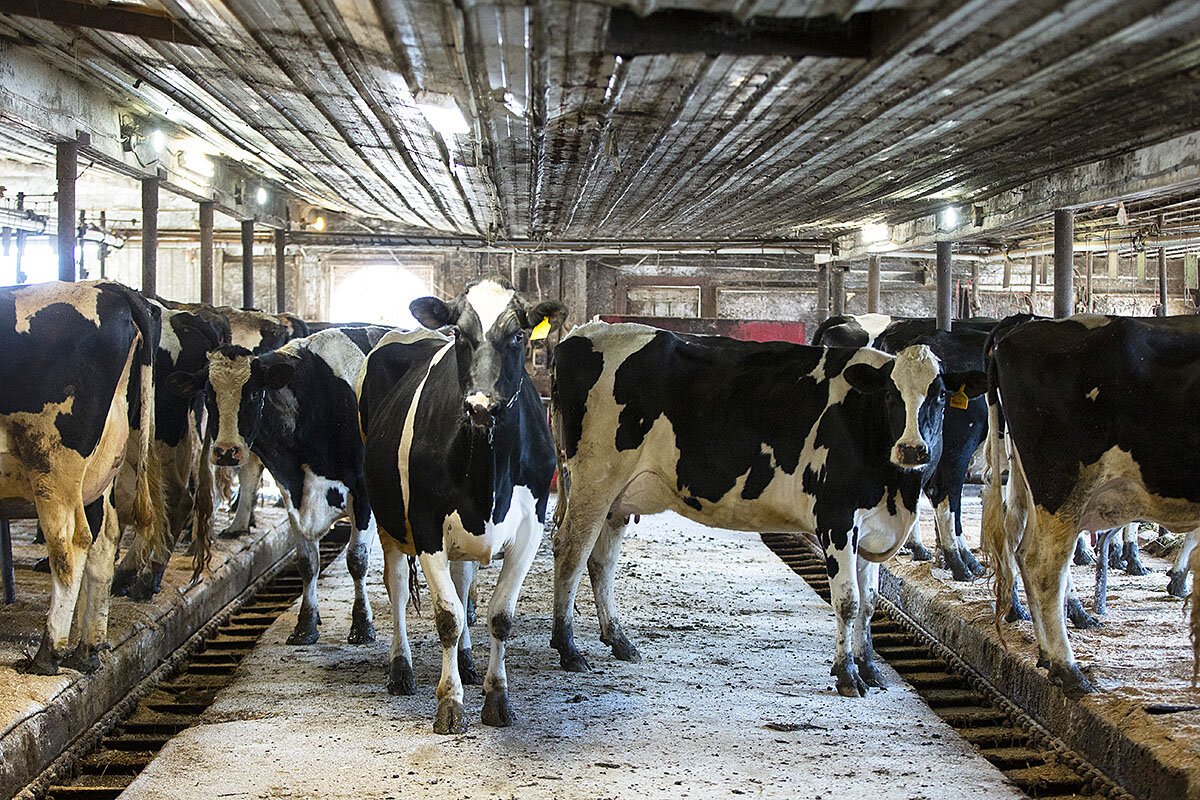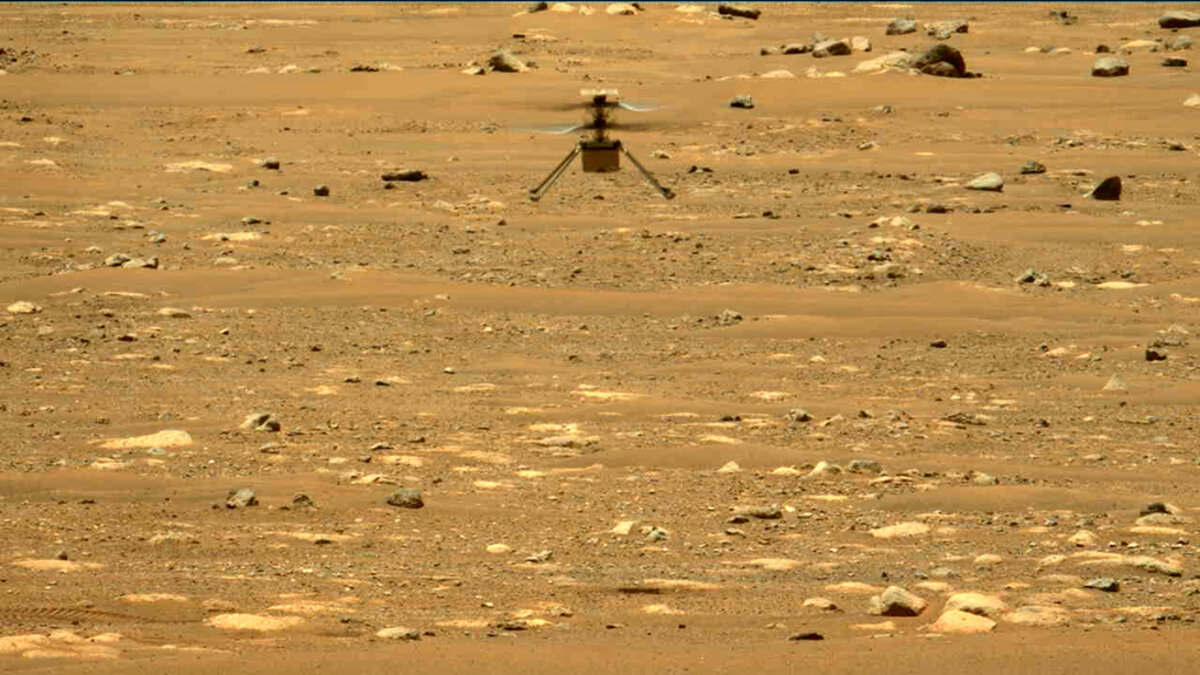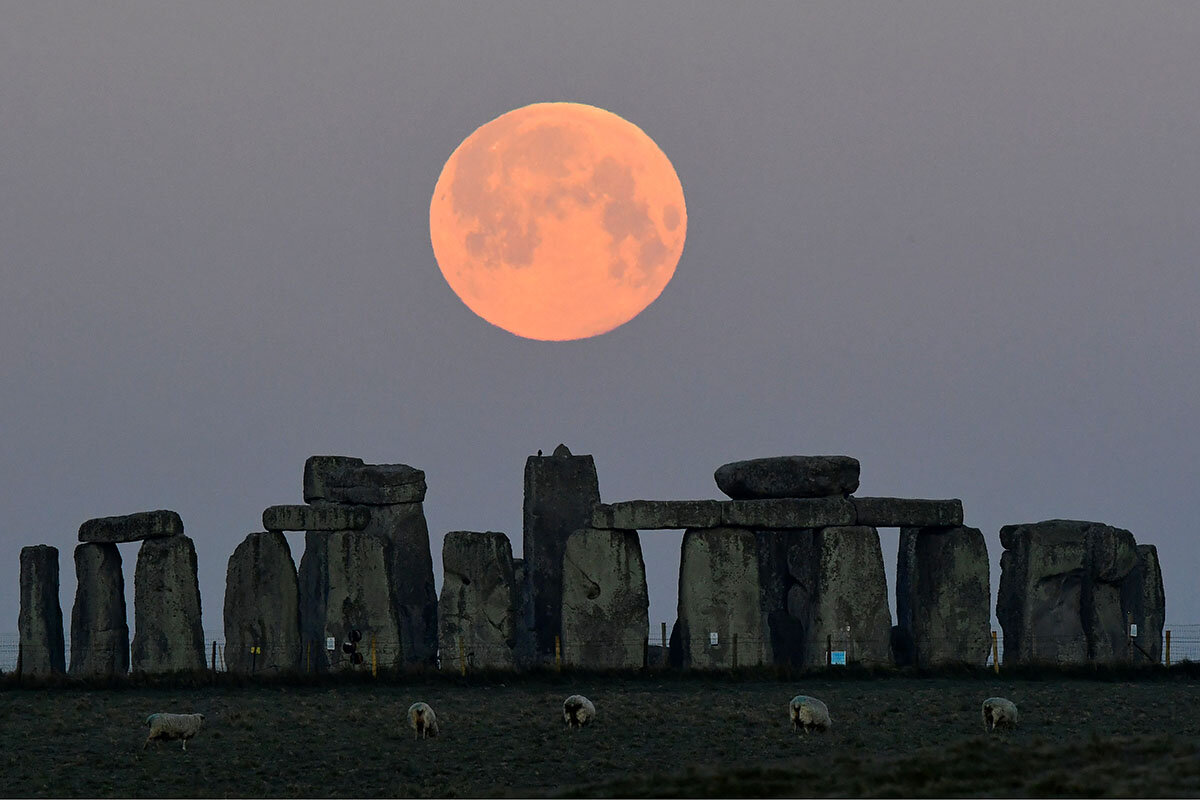A peep at some distant orb has power to raise and purify our thoughts like a strain of sacred music, or a noble picture, or a passage from the grander poets. It always does one good.”
So wrote John Munro, a British science fiction writer, in “A Trip to Venus” more than a century ago.
Today the world is getting a generous peep at another world: Mars. The unmanned rover Perseverance landed in February and is now preparing to explore its surface, sniffing for signs of life.
But it’s the little companion Perseverance brought along – a 4-pound helicopter named Ingenuity – that has captured earthlings’ attention. It has made the first powered flight controlled by humans on another world.
Ingenuity has already made three of its scheduled five flights. It’s proving that drones can soar above the Martian surface despite the thin atmosphere (just 1% as dense as Earth’s at sea level).
Perseverance has set an important record of its own: It has separated oxygen from the carbon dioxide in the Martian atmosphere. That will be a crucial capacity needed not only for human explorers but in helping power a spacecraft’s return to Earth.
Controversial entrepreneur and visionary Elon Musk has said he thinks humans will be visiting the red planet in large numbers by midcentury. That’s a mind-boggling thought. It may be easier to grasp what’s happening much closer to home on the International Space Station, which orbits just 260 miles or so above the Earth. Over the weekend, the spacecraft Endeavour made its second voyage to the space station, becoming the first reused craft to travel into space. Reusing both rockets and capsules will decrease costs and increase the frequency with which flights can be made.
The arrival of the four humans temporarily increases the number of people on the space station to 11, just short of the record number of 13. They represent four nations which are cooperating to use the space station: six Americans, two Russians, two Japanese, and one French. For more than 22 years, the space station has acted as a kind of United Nations in the sky, hosting 243 visitors from 19 countries to date. “In this tough situation around the world,” said Japan Aerospace Exploration Agency President Hiroshi Yamakawa in a reference to the pandemic, “I believe you have brought courage and hope for all of us.”
Both Russia and China have expressed desires to launch separate space stations. But the space station remains a key springboard for future missions to the moon and Mars. NASA’s Artemis program plans to send the first woman and the first person of color to the moon and explore new areas of the lunar surface.
And don’t forget that, in yet another exploration of our solar system, a NASA probe touched down on the asteroid Bennu in 2020. The spacecraft collected a sample from the surface and will return it to Earth in 2023.
It’s true that humanity might be more transfixed by these jaw-dropping distant adventures if it weren’t dealing with the big troubles back here on Earth. But breaking away from those troubles helps put them into perspective. It enables thought itself to break free of its own mental gravity.
Inhabiting and investigating other worlds, while at the same time not ignoring earthly needs, is now humanity’s future. Setting limits on what’s possible is never wise.
“The stars will never be won by little minds,” seminal science fiction writer Robert Heinlein once reminded his readers. “We must be big as space itself.”
 Mark Trumbull
Mark Trumbull










